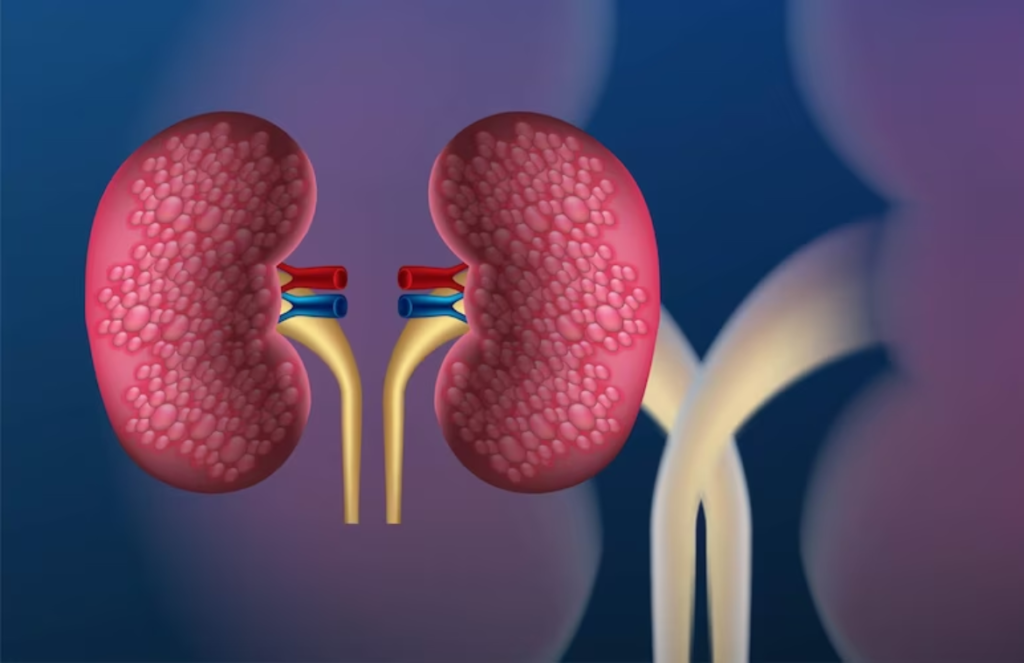Rheumotology entails the study of rheumatic diseases and also involves autoimmune disease which cause inflammation, pain, stiffness and damage the joints.
Rheumatology is considered to be the study of rheumatic diseases, which are inflammatory and often autoimmune in nature. Rheumatoid arthritis is said to be an autoimmune disease that causes inflammation, stiffness, pain, and also possible permanent damage to joints as well as internal organs. It can also cause medical problems with one’s heart, lungs, nerves, eyes as well as skin.
Rheumatologists happen to be medical professionals who diagnose and treat systemic autoimmune diseases, like rheumatoid arthritis, that can cause inflammation in the joints, tendons, ligaments, bones, and also muscles.
Atherosclerosis has been acknowledged as being the main cause of cardiovascular diseases in autoimmune rheumatic diseases. Rheumotology deals with this medical issue as well.
Rheumatic disorders are accepted conditions causing chronic, often intermittent pain affecting the joints or connective tissue. They are also referred to as rheumatism or arthritis. Rheumatic disorders are autoimmune disease as well as inflammatory diseases that do cause one’s immune system to attack one’s own body parts.
Rheumatic disease refers to arthritis and several other conditions that do affect the joints, tendons, muscle, ligaments, bones, as well as muscles. Arthritis does refer to disorders that mainly affect one’s joints.
Rheumatic diseases can rather cause additional damage to one’s joints, and other tissues that can accumulate over time without proper treatment. Rheumatic diseases are in fact more than just aches as well as pains. They can affect most parts of one’s body, including one’s organs, muscles, bones, as well as joints.
Rheumatoid Arthritis (RA) RA is an autoimmune as well as inflammatory disease that does occur when the immune system mistakenly attacks one’s own body’s tissues, causing painful swelling.
What more about Rheumotology?
Rheumatic heart disease (RHD) is said to be a heart valve damage that arises due to complication of rheumatic fever years after the illness has rather resolved. It does develop as a result of chronic inflammation and also scarring of the heart valves triggered by rheumatic fever, which as an inflammatory autoimmune disease can develop as a result of strep throat or even scarlet fever.

What are the most common symptoms?
Few of the most common symptoms of rheumatoid diseases include:
- Aches and pains.
- Swelling.
- Feelings of tiredness or fatigue.
- Fever.
- Stiffness or limited range of motion.
- Malaise or general feelings of being unwell.
- Weight loss.
What are rheumatic diseases?
There are in fact more than 100 rheumatic diseases.
Rheumatic diseases can rather cause inflammation, tissue degeneration, as well as autoimmune dysfunction. In autoimmune conditions, the immune system mistakenly attacks healthy tissues.
Rheumatic diseases do tend to affect the following parts of the musculoskeletal system:
- Joints
- Bones
- Muscles
- Tendons and ligaments
Rheumatic diseases, and also the medical specialty of rheumatology, include immune disorders that tend to affect major organs.
Rheumotology and Rheumatoid arthritis
Rheumatoid arthritis (RA) is an autoimmune disease whereby the immune system attacks one’s joints. RA can indeed affect multiple joints simultaneously. The joints in one’s hands, wrists, as well as knees are the most common targets.
When one’s immune system attacks these joints, it does cause pain, inflammation, as well as stiffness. This can lead to degeneration of the joints. People with RA can lose joint function or even develop deformities in one’s affected joints.
With RA, pain as well as inflammation occurring during periods referred to as flares or exacerbations. At times the symptoms can indeed be less severe or can rather completely disappear.
RA has been acknowledged to be a systemic disease and can affect major body organs such as the eyes, lungs, skin, heart, kidneys, as well as nervous and also gastrointestinal systems. It can also affect the blood and lead to anemia.















